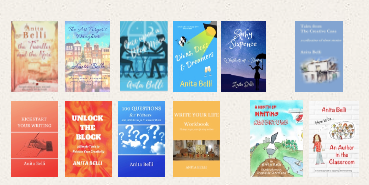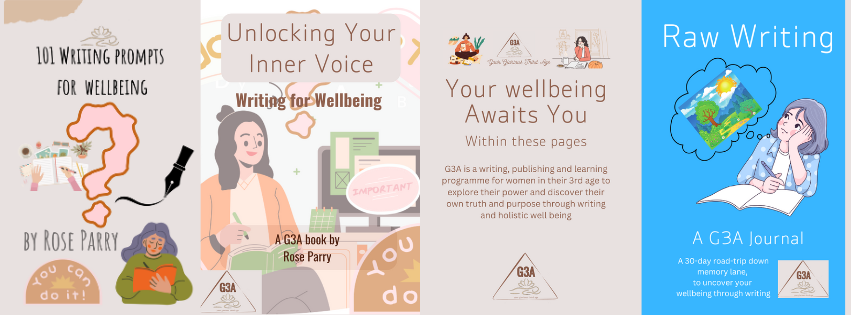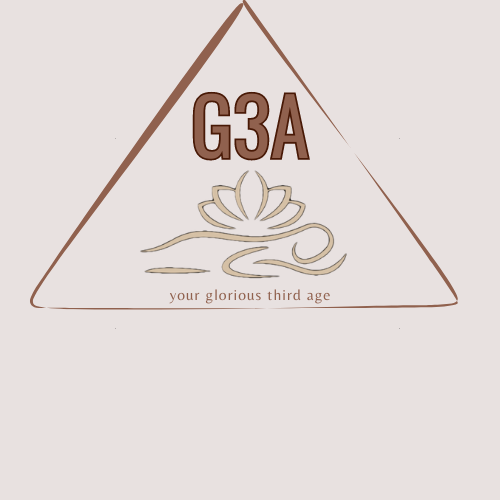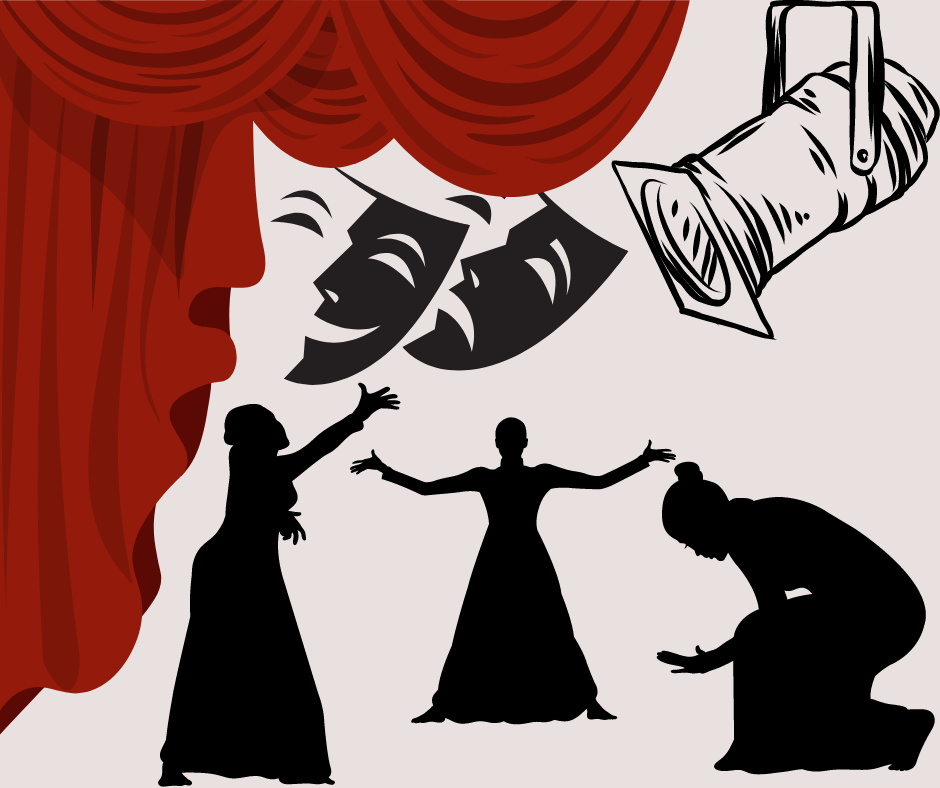10 steps on your Journey of Self-Reflection
My first degree is in Drama (from a thousand years ago,) where I first came across an actor training called Method Acting.
You may have heard of it? It remains influential in theatre, film, and television to this day.
Method Acting is a technique pioneered by the Russian theatre director Constantin Stanislavski in the late 19th and early 20th centuries. At the time, it revolutionised the way actors approached their craft. The technique plunges actors into the depths of their characters’ emotions and experiences and encourages them to draw from their own lives to create authentic and compelling portrayals.
Stanislavski described it as
‘the art of Experiencing, rather than
the art of Representing.’
To me, it is the art of Being.
During my varied career in the arts and theatre, I have come to realise that Method Acting isn’t just for the actors. In fact, I have drawn heavily on it in my writing and I now realise that my writing practice is pure ‘method.’ So what happens when you harness its power in the pages of your journal? You can unlock new realms of self-discovery and reflection
Understanding Method Acting
Before we explore its application in journaling, let’s briefly revisit the essence of Method Acting. At its core, Method Acting delves into the psychology of characters, urging actors to immerse themselves in their roles by tapping into their own emotions and memories. This approach prioritises authenticity, demanding a deep understanding of the character’s motivations, fears, and desires.
From Stage to Page: Bringing Method Acting into Journaling
Now, imagine applying this same principle to your journaling and writing practice. Instead of viewing yourself as the writer, adopt the mindset of the character —become the protagonist of your own narrative. Here’s how:
- Embrace Emotional Truth: Just as actors seek to convey the emotional truth of their characters, approach your journaling with a commitment to honesty. Remember, the journal is just for you, so give yourself permission to explore your innermost thoughts and feelings without reservation or judgment. Embrace vulnerability as a pathway to deeper self-awareness.
- Emotional Recall: Method actors may use emotional recall to access specific emotions required for a scene. This involves recalling past experiences that evoke the desired emotion and using that emotional memory to inform their performance.
- Tap into Memory: Method Acting encourages actors to draw from personal experiences to enrich their performances. Similarly, use your journal as a canvas to revisit past memories and experiences. Reflect on pivotal moments in your life, examining how they have shaped your identity and perspectives.
- Sense Memory: Central to Method Acting is the concept of sense memory, where actors use their senses to evoke emotions and memories. They may recall specific sensory details from their own lives—a smell, a taste, a texture—to access the emotional state required for a scene. Apply this principle to your journaling by paying attention to sensory details—the sights, sounds, smells, tastes, and textures that define your experiences. Describe them vividly, allowing them to come alive on the page.
- Explore Character Motivations: Just as actors dissect their characters’ motivations, delve into your own inner workings. What drives your actions and decisions? What fears or insecurities lurk beneath the surface? Use your journal as a space for introspection, probing the depths of your psyche with curiosity and compassion.
- Character Analysis: Method Acting involves a thorough analysis of the character’s motivations, desires, fears, and backstory. Actors delve deeply into their characters’ psychology, seeking to understand their inner workings and motivations on a profound level.
- Substitution: In some cases, actors may use substitution to connect with their characters’ emotions. This involves finding parallels between the character’s experiences and their own, allowing them to access authentic emotions more readily.
- Experiment with Perspective: Method Acting encourages actors to view scenes from multiple perspectives, gaining insight into different facets of the character’s psyche. Apply this technique to your journaling by exploring situations from various angles. Consider how different versions of yourself —past, present, and future—might interpret and respond to the same events.
- Immersive Preparation: Method actors often engage in immersive preparation for their roles, immersing themselves in the world of the character to gain a deeper understanding of their mindset and perspective. This may involve research, rehearsal, and exploration of the character’s physicality and mannerisms.
- Authenticity Living Truthfully in Imaginary Circumstances: One of Stanislavski’s key principles is the idea of “living truthfully in imaginary circumstances.” This means that actors must fully commit to the reality of the scene, responding truthfully to the circumstances of the script as if they were real.
The Power of Self-Reflection
Method Acting is a deeply introspective and emotionally demanding technique that requires actors to draw on their own lives to create rich, nuanced performances. By delving into the inner world of their characters and accessing genuine emotions, method actors aim to create performances that resonate deeply with audiences.
This also applies to our own writing.
By infusing your journaling practice with the principles of Method Acting, you embark on a journey of profound self-reflection and personal growth. Through the exploration of emotions, memories, and motivations, you deepen your understanding of yourself and cultivate greater empathy and insight.
I use this method in my fiction, to write Character driven stories. By Working from the inside out adds authenticity and depth to fiction.
So, the next time you pick up your journal, try to develop the inner landscape of the method actor and step onto the stage of your own narrative, embracing the role of protagonist with courage and authenticity. Who knows what truths you might uncover when you approach your journal not just as a blank page, but as a whole world waiting to be inhabited?
It has led me to fiction writing and 5 currenlty published novels. For all of my novels, published and unpublished, the seeds were planted in the pages of my journals, and nurtured through method writing.




Leave a comment